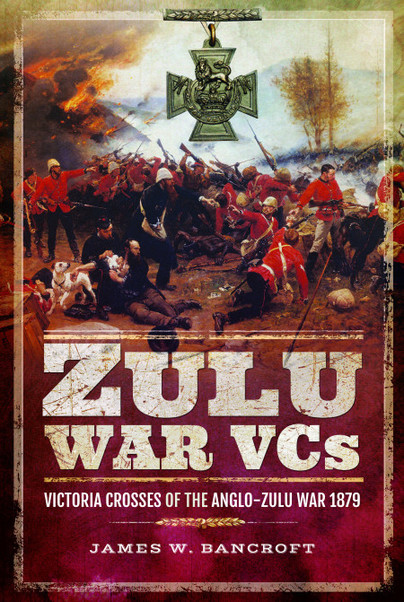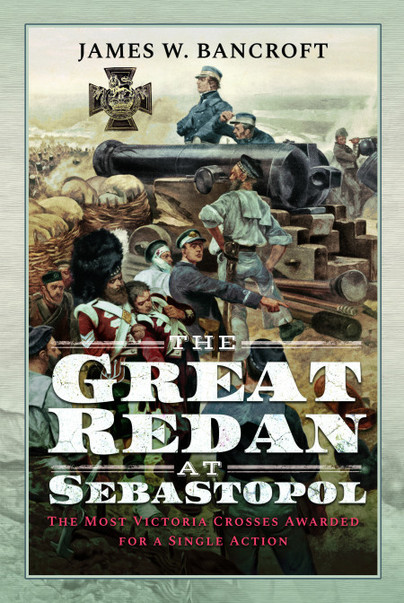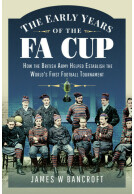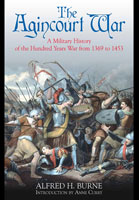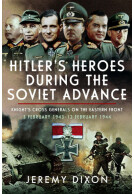Zulu War VCs (Hardback)
Victoria Crosses of the Anglo-Zulu War 1879
(click here for international delivery rates)
Need a currency converter? Check XE.com for live rates
| Other formats available - Buy the Hardback and get the eBook for free! | Price |
|---|---|
| Zulu War VCs eBook (4.2 MB) Add to Basket | £6.99 |
The Anglo-Zulu War lasted only six months in 1879, but in that relatively short time twenty-three men were awarded the Victoria Cross for gallantry under most trying and dangerous circumstances. Zulu warriors gave no mercy and expected none in return, yet half of the awards were given to men who went back into the midst of fierce fighting to rescue stranded comrades, well-aware that they risked suffering a particularly brutal death.
Two men received posthumous awards for their efforts to save the Queen’s Colour of their regiment after the disastrous engagement against overwhelming numbers of warriors at Isandlwana, and perhaps the most famous of all awards of the Victoria Cross were the eleven gained for the immortal defence of Rorke’s Drift, the battle brought back to the public consciousness by the motion picture Zulu!
The conflict has never left the public’s imagination, and continues to stir hot debate among military historians and enthusiasts.
With information compiled over four decades by James W. Bancroft, a well-known and respected historian and author of several publications on the subject, this book brings together more information about the men than has ever before been collected together in one publication.
As featured by
The Armourer, August 2019
In a conflict that lasted for a relatively short six months, a little over twenty men (twenty-three to be exact), won Great Britain's highest medal for valor - the Victoria Cross. Eleven men won the elusive Cross during the iconic battle of Rorke's Drift (the most for any single engagement) on January 20, 1879.
The Past In Review, David Lee Poremba
"Zulu War VCs" recounts the conflict from the first disastrous engagement at iSandlwana to the lats at Ulundi. Author Bancroft does an excellent job at first narrating the events leading up to and including the battle, then writing a detailed biographical sketch of each recipient of the VC; mention is also made of those men who were awarded the Distinguished Conduct Medal and mentioned in dispatches.
This is an engaging, very readable account of one of Great Britain's bloodiest and shortest colonial wars. Strongly recommended.
As featured by
Medal News, February 2019
As featured by
The Northumbrian, December 2018/January 2019
It brings together more information about the Zulu War VC recipients than has ever been collected together before in publication. The author, is a respected historian who is known for various publications on the subject.
Jon Sandison, Freelance
Article: 'Bravest of the brave recalled' as featured by
Nottingham Post, 11th October 2018 – words by Andy Smart
Article: 'Dorking's Zulu War hero who risked his life to save comrade' as featured by
Dorking Advertiser, 27th September 2018 - words by Dave Comeau
Article: 'Henry Hook to feature in new Zulu Wars book' as featured by
The Forester, 26th September 2018
About James W Bancroft
JAMES BANCROFT has produced more than 100 books and articles, the subjects of which reflect his varied interests. He has contributed a number of articles for The New Oxford Dictionary of National Biography, and his book Rorke’s Drift: The Zulu War, 1879 has been re-printed seven times. His JWB Historical Library, compiled over four decades, is one of the largest private collections of its kind in the world. When he is not writing, James enjoys singing and playing and listening to music, and being with his growing family.
The Great Redan at Sebastopol The Most Victoria Crosses Awarded for a Single Action (Hardback)
On 18 June 1855, the 40th anniversary of the Battle of Waterloo, British assault troops moved out of their trenches before Sebastopol in the Crimea, and attacked the formidable Russian bastion known as the Great Redan. They came under such a murderous fire from the Russian defenders that the attack faltered, and the British were eventually forced to fall back. As they did so, they left over 1,000 comrades dead and dying out in the open and at the mercy of enemy snipers. The Siege of Sebastopol saw the development of trench warfare for the first time. Using eyewitness accounts and unpublished letters,…
By James W BancroftClick here to buy both titles for £50.00







